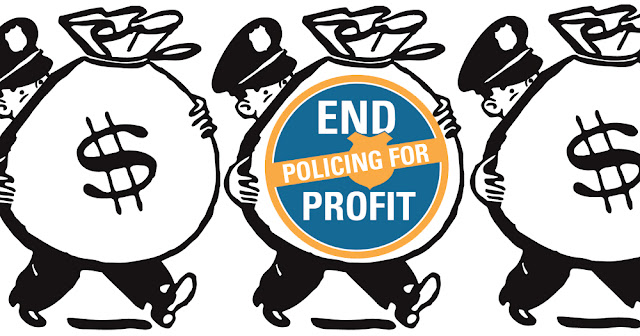Revenue. It sounds as if it’s part of the capitalistic ideals that drive the American economy. However, when cities implement ordinances designed to increase revenue, it becomes a debtor’s prison for many low income communities throughout the nation.
When Americans hear the term “debtor’s prison,” they think of some far-off country in Africa or South America. Many don’t look at their own judicial system to make the connection of the person’s socio-economic status as the almost predetermined outcome of jail.
It is a well-settled matter, slavery has been outlawed in the United States for over 150 years. That was codified in a battle in Adams County, Pennsylvania, where one of the nation’s most well-known battles took place. Indentured servitude, which is also known as debtor’s prison, has been outlawed in the United States since 1833.
Debtor prisons are not isolated incidents in the United States and occurred in almost every state. They have become ingrained into our society for being tough on crime, imprisoning people for petty crimes of that range from unregistered cars in their driveways to not having curtains on the front window.
Those who are unable to pay their fines end up with a warrant for their arrest and spend up to 30 days in jail. That jail sentence doesn’t do away with their fine, it becomes a system of enforcing the fines. A cycle that keeps residents in debt, and keeping them in poverty.



